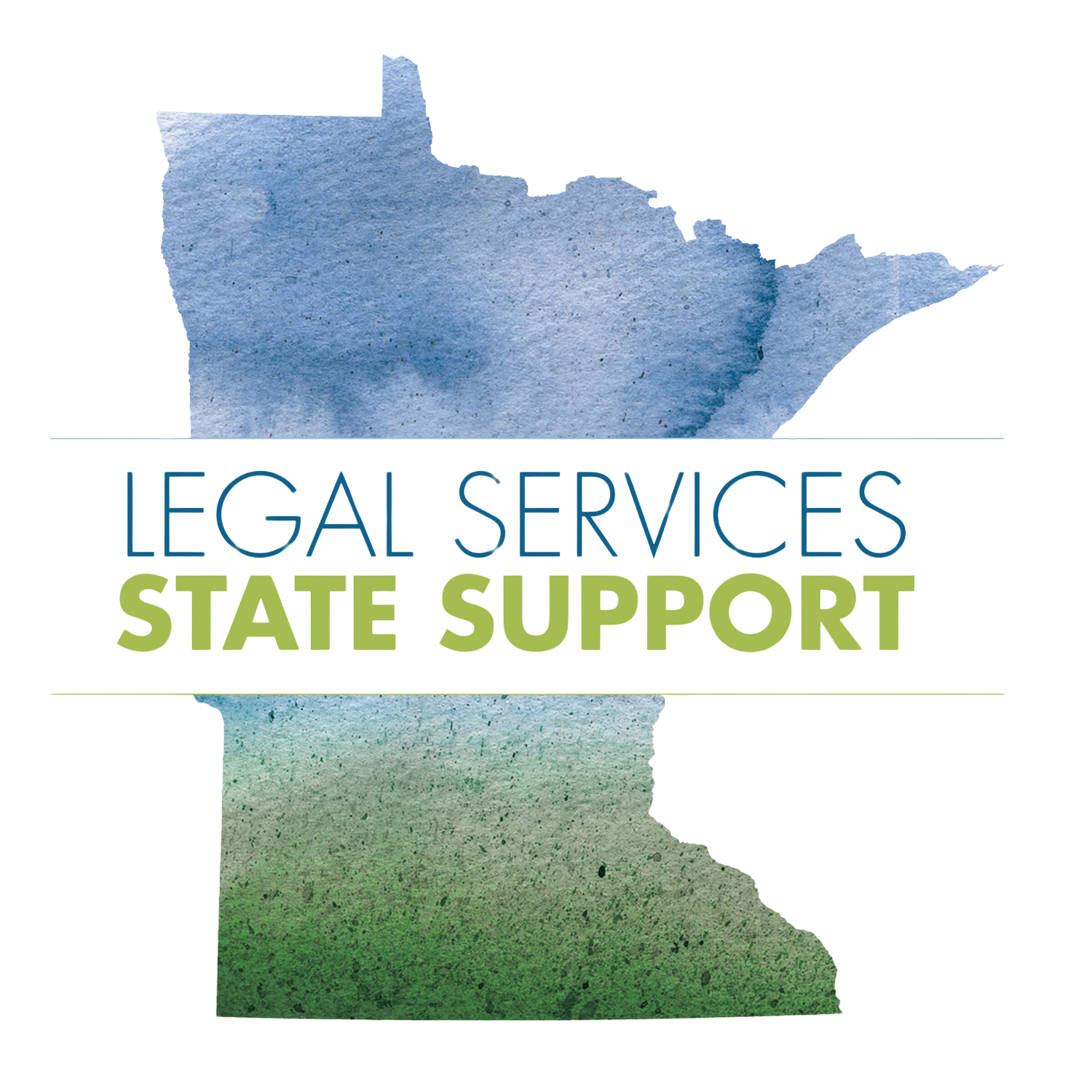Consolidated Housing Court Calendar Means More Accessibility in Northwest MN
MPR News recently spoke with Sarah Moore, attorney at Legal Services of Northwest Minnesota (LSNM), about the new consolidated housing court calendar and what it means for clients. Prior to the Covid-19 pandemic, hearings for housing related cases such as evictions appeared on general calendars for greater Minnesota judges, meaning that they could be scheduled at any time. Moore explained the hardships this presented for clients, such as getting time off work, arranging childcare, and transportation to name a few. During the pandemic courts moved online to Zoom, and it exponentially increased accessibility for both clients and their attorneys.
As the end of the moratorium on in-person hearings approached, the judiciary considered the positives that had resulted from holding proceedings virtually. With the housing court calendar now consolidated, and hearings taking place on Zoom as a matter of course, Moore noted how much more accessible LSNM is for those who need it most.
“People are able to appear on their phones. They’re able to appear on a computer if they have one,” Moore said. “And all the courthouses in our area, it doesn’t have to be necessarily the courthouse where the hearing is being held, but if there’s a courthouse that’s closer, they have iPads or computer kiosks that tenants can use.”
MPR News mentions that some states ended their virtual hearings when the COVID restrictions were lifted. Minnesota’s judicial branch has decided that virtual housing court will continue for the foreseeable future. “I think eviction court and centralized eviction hearings are the best-case scenario when it comes to remote hearings because of just the way that it’s been set up and the way that it works to be able to have them all at the same time,” Moore said. “Credit needs to go to the judges, the judicial referees, the court staff, who have all really come on board in getting these things to work efficiently and get these resolutions for tenants and also for landlords.”
Read more in Virtual hearings transform housing courts around Minnesota.
